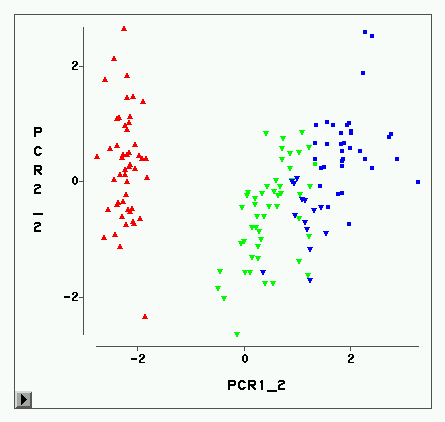In model-based clustering, the Galaxy data set is often used as a benchmark data set to study the performance of different modeling approaches. Aitkin (2001) compares maximum likelihood and Bayesian analyses of the Galaxy data set and expresses reservations about the Bayesian approach due to the fact that the prior assumptions imposed remain rather obscure while playing a major role in the results obtained and conclusions drawn. The aim of the paper is to address Aitkin's concerns about the Bayesian approach by shedding light on how the specified priors impact on the number of estimated clusters. We perform a sensitivity analysis of different prior specifications for the mixtures of finite mixture model, i.e., the mixture model where a prior on the number of components is included. We use an extensive set of different prior specifications in a full factorial design and assess their impact on the estimated number of clusters for the Galaxy data set. Results highlight the interaction effects of the prior specifications and provide insights into which prior specifications are recommended to obtain a sparse clustering solution. A clear understanding of the impact of the prior specifications removes restraints preventing the use of Bayesian methods due to the complexity of selecting suitable priors. Also, the regularizing properties of the priors may be intentionally exploited to obtain a suitable clustering solution meeting prior expectations and needs of the application.
翻译:在基于模型的集群中,银河数据集往往被用作研究不同模型方法业绩的基准数据集。Aitkin(2001年)比较了最大可能性和Bayesian对银河数据集的分析,并对巴伊西亚办法表示保留,因为先前的假设仍然相当模糊,同时在所取得的成果和得出的结论中起着主要作用。文件的目的是说明Aitkin对巴伊西亚办法的关切,说明具体先前规定对估计组数的影响。我们对有限混合物模型混合物以前的不同规格进行了敏感性分析,即以前包含组成部分数目的混合模型。我们采用一套广泛的先前不同规格的全面要素设计,并评估其对银河数据集估计组数的影响。结果突出以前规格的相互作用效果,并介绍建议采用哪些先前规格以获得稀少的集群解决办法。对以前规格的影响的清楚了解,消除了因选择适当前期解决办法的复杂性而妨碍使用巴伊西亚方法的各种限制。此外,在预先选择适当解决办法之前,可能采用一套事先有意识的规格,并定期利用事先的预期。




